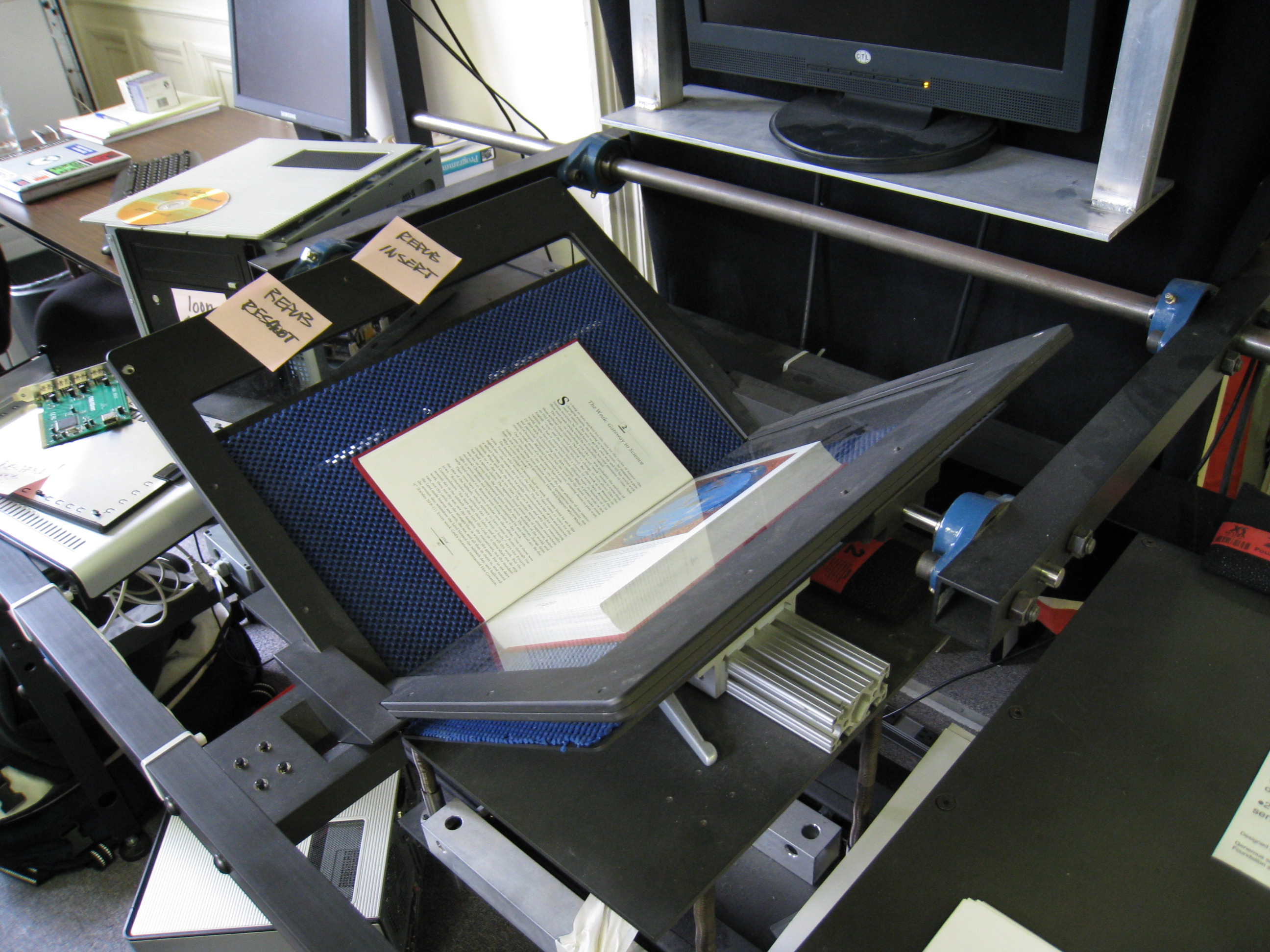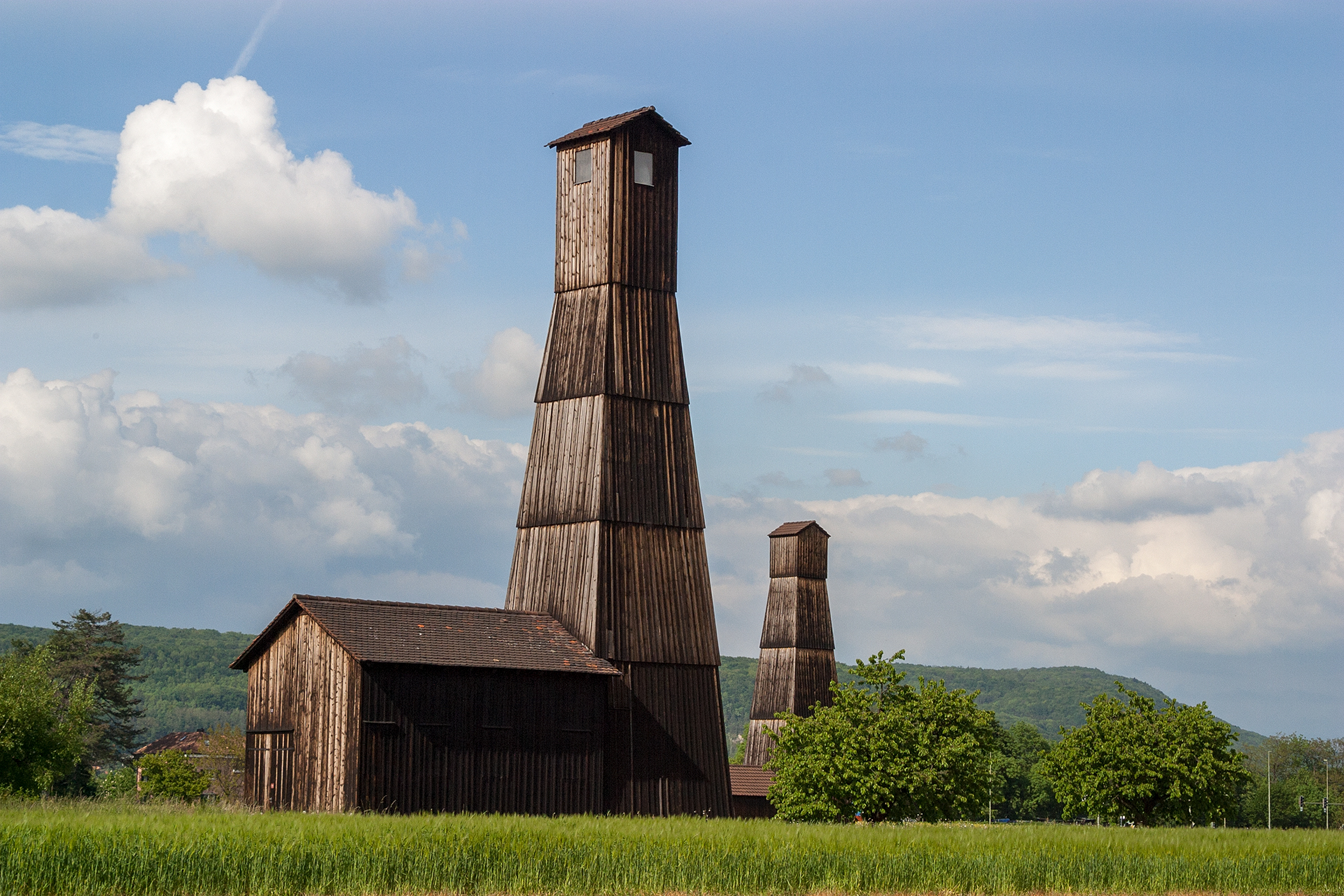|
Johann Jakob D’Annone
Johann Jakob d'Annone (12 July 1728 – 18 September 1804) was a Swiss educator, scientist and lawyer. He graduated in philosophy and law from the University of Basel in 1752. After initial appointments teaching Roman law, numismatics and natural sciences (especially mineralogy) (1759–60), he was named professor of eloquence in 1766 and professor of law in 1779. D'Annone served as rector of the University of Basel in 1782–83 and 1794–95, and was elected cean of the faculty of law on eight occasions. From 1774 he acted as legal adviser to the City of Basel. He was an authority on antiquities and Roman artefacts. He also assembled important collections of fossils, minerals and coins, and founded a library of some 10,000 volumes. Meteorological observations From 5 June 1755 until shortly before his death, D'Annone kept one of Switzerland's longest continuous instrumental meteorological series under his own name. Measurements were made at his residence at Heuberg 16 in Basel ... [...More Info...] [...Related Items...] OR: [Wikipedia] [Google] [Baidu] |
Height Above Mean Sea Level
Height above mean sea level is a measure of a location's vertical distance (height, elevation or altitude) in reference to a vertical datum based on a historic mean sea level. In geodesy, it is formalized as orthometric height. The zero level varies in different countries due to different reference points and historic measurement periods. Climate change and other forces can cause sea levels and elevations to vary over time. Uses Elevation or altitude above sea level is a standard measurement for: * Geographic locations such as towns, mountains and other landmarks. * The top of buildings and other structures. * Mining infrastructure, particularly underground. * Flying objects such as airplanes or helicopters below a Transition Altitude defined by local regulations. Units and abbreviations Elevation or altitude is generally expressed as "metres above mean sea level" in the metric system, or " feet above mean sea level" in United States customary and imperial units. Comm ... [...More Info...] [...Related Items...] OR: [Wikipedia] [Google] [Baidu] |
Swiss Meteorologists
Swiss most commonly refers to: * the adjectival form of Switzerland *Swiss people Swiss may also refer to: Places *Swiss, Missouri * Swiss, North Carolina *Swiss, West Virginia *Swiss, Wisconsin Other uses * Swiss Café, an old café located in Baghdad, Iraq *Swiss-system tournament, in various games and sports *Swiss International Air Lines **Swiss Global Air Lines, a subsidiary *Swissair, former national air line of Switzerland * .swiss alternative TLD for Switzerland See also *Swiss made, label for Swiss products *Swiss cheese (other) *Switzerland (other) *Languages of Switzerland, none of which are called "Swiss" *International Typographic Style, also known as Swiss Style, in graphic design *Schweizer (other), meaning Swiss in German *Schweitzer, a family name meaning Swiss in German *Swisse Swisse is a vitamin, supplement, and skincare brand. Founded in Australia in 1969 and globally headquartered in Melbourne, and was sold to Health & Happine ... [...More Info...] [...Related Items...] OR: [Wikipedia] [Google] [Baidu] |
Academic Staff Of The University Of Basel
An academy (Attic Greek: Ἀκαδήμεια; Koine Greek Ἀκαδημία) is an institution of tertiary education. The name traces back to Plato's school of philosophy, founded approximately 386 BC at Akademia, a sanctuary of Athena, the goddess of wisdom and skill, north of Athens, Greece. The Royal Spanish Academy defines academy as scientific, literary or artistic society established with public authority and as a teaching establishment, public or private, of a professional, artistic, technical or simply practical nature. Etymology The word comes from the ''Academy'' in ancient Greece, which derives from the Athenian hero, ''Akademos''. Outside the city walls of Athens, the gymnasium was made famous by Plato as a center of learning. The sacred space, dedicated to the goddess of wisdom, Athena, had formerly been an olive grove, hence the expression "the groves of Academe". In these gardens, the philosopher Plato conversed with followers. Plato developed his sessions ... [...More Info...] [...Related Items...] OR: [Wikipedia] [Google] [Baidu] |
1804 Deaths
Events January–March * January 1 – Haiti gains independence from France, and becomes the first black republic. * February 4 – The Sokoto Caliphate is founded in West Africa. * February 14 – The First Serbian uprising begins the Serbian Revolution. By 1817, the Principality of Serbia will have proclaimed self-rule from the Ottoman Empire, the first nation-state in Europe to do so. * February 15 – New Jersey becomes the last of the northern United States to abolish slavery. * February 16 – First Barbary War: Stephen Decatur leads a raid to burn the pirate-held frigate at Tripoli to deny her further use by the captors. * February 18 – Ohio University is chartered by the Ohio General Assembly. * February 20 – Hobart is established in its permanent location in Van Diemen's Land (modern-day Tasmania) as a British penal colony. * February 21 – Cornishman Richard Trevithick's newly built ''Penydarren'' steam locomotive operates on the Merthyr Tramroad, betwe ... [...More Info...] [...Related Items...] OR: [Wikipedia] [Google] [Baidu] |
1728 Births
Events January–March * January 5 – The '' Real y Pontificia Universidad de San Gerónimo de la Habana'', the oldest university in Cuba, is founded in Havana. * January 9 – The coronation of Peter II as the Tsar of the Russian Empire takes place in Moscow. * January 29 – '' The Beggar's Opera'', the most popular theatrical production of the 18th century, is performed for the first time. The premiere takes place at the Lincoln's Inn Fields Theatre in London. Written by John Gay with music arranged by Johann Christoph Pepusch, the ballad opera is a satire of Italian opera. * February 28 – Battle of Palkhed: Maratha Peshwa Bajirao I defeats the first Nizam of Hyderabad, Nizam-ul-Mulk. * March 14 – Jean-Jacques Rousseau leaves Geneva for the first time. April–June * April 14 – Saint Serapion of Algiers, the first Mercedarian (of the Order of the Blessed Virgin Mary of Mercy) is canonized by Pope Benedict XIII. * ... [...More Info...] [...Related Items...] OR: [Wikipedia] [Google] [Baidu] |
MeteoSwiss
MeteoSwiss, officially the Federal Office of Meteorology and Climatology, is an office of the federal administration of Switzerland. It employs 290 people at locations in Zurich, Zurich Airport, Geneva, Locarno and Payerne. History Originally established as the Central Meteorological Institute (MZA), by 1863 it operated 88 weather stations. Its name was changed in 1979 to ''Swiss Meteorological Institute'' (SMA). Since 1996, it has been operating as MeteoSwiss. Since 2006, its official name is "Federal Office of Meteorology and Climatology MeteoSwiss". Function The office observes the weather around the clock, creating weather forecasts and alerting authorities and population, when strong winds, heavy rainfall, storms or heat waves are forecast. In addition, it provides weather services for the civil, military and private aviation. The office also carries out a program of research and development to understand the weather and climate in the Alps. They also officially represent ... [...More Info...] [...Related Items...] OR: [Wikipedia] [Google] [Baidu] |
Digitization
Digitization is the process of converting information into a digital (i.e. computer-readable) format.Collins Dictionary. (n.d.). Definition of 'digitize'. Retrieved December 15, 2021, from https://www.collinsdictionary.com/dictionary/english/digitize The result is the representation of an object, image, sound, document, or signal (usually an analog signal) obtained by generating a series of numbers that describe a discrete set of points or samples. The result is called ''digital representation'' or, more specifically, a ''digital image'', for the object, and ''digital form'', for the signal. In modern practice, the digitized data is in the form of binary numbers, which facilitates processing by digital computers and other operations, but digitizing simply means "the conversion of analog source material into a numerical format"; the decimal or any other number system can be used instead. Digitization is of crucial importance to data processing, storage, and transmission, bec ... [...More Info...] [...Related Items...] OR: [Wikipedia] [Google] [Baidu] |
Thermometer
A thermometer is a device that measures temperature (the hotness or coldness of an object) or temperature gradient (the rates of change of temperature in space). A thermometer has two important elements: (1) a temperature sensor (e.g. the bulb of a mercury-in-glass thermometer or the pyrometric sensor in an infrared thermometer) in which some change occurs with a change in temperature; and (2) some means of converting this change into a numerical value (e.g. the visible scale that is marked on a mercury-in-glass thermometer or the digital readout on an infrared model). Thermometers are widely used in technology and industry to monitor processes, in meteorology, in medicine (''medical thermometer''), and in scientific research. A standard scale While an individual thermometer is able to measure degrees of hotness, the readings on two thermometers cannot be compared unless they conform to an agreed scale. Today there is an absolute thermodynamic temperature scale. Internat ... [...More Info...] [...Related Items...] OR: [Wikipedia] [Google] [Baidu] |
Pratteln
Pratteln (Swiss German: ''Brattele'') is a municipality in the canton of Basel-Landschaft in Switzerland, located in the district of Liestal. History Pratteln is first mentioned around 1102-03 as ''Bratello''. Geography Pratteln has an area, , of . Of this area, or 27.6% is used for agricultural purposes, while or 28.1% is forested. Of the rest of the land, or 43.1% is settled (buildings or roads), or 0.9% is either rivers or lakes and or 0.4% is unproductive land.Swiss Federal Statistical Office-Land Use Statistics 2009 data accessed 25 March 2010 Of the built up area, industrial buildings made up 10.8% of the total area while housing and buildings made up 14.9% and transportation infrastructure made up 11.7%. Power and water infrastructure ... [...More Info...] [...Related Items...] OR: [Wikipedia] [Google] [Baidu] |
Muttenz
Muttenz is a municipality with a population of approximately 17,000 in the canton of Basel-Country in Switzerland. It is located in the district of Arlesheim and next to the city of Basel. History Under the Roman Empire a hamlet called Montetum existed, which the Alamanni invaders referred to as Mittenza since the 3rd century CE. At the beginning of the 9th century CE the settlement came into the possession of the bishopric of Strasbourg. In the following centuries various noble families were invested with the fief. Muttenz is first mentioned around 1225-26 as ''Muttence''. In 1277 it was mentioned as ''Muttenza''. In 1306 the village became the property of the Münch of Münchenstein, who fortified the village church of St. Arbogast with a rampart at the beginning of the 15th century, after their fortresses on the nearby Wartenberg were partially destroyed in the devastating Basel earthquake of 1356. Having fallen on hard times the Münch sold the village and the Warten ... [...More Info...] [...Related Items...] OR: [Wikipedia] [Google] [Baidu] |
Meteorology
Meteorology is the scientific study of the Earth's atmosphere and short-term atmospheric phenomena (i.e. weather), with a focus on weather forecasting. It has applications in the military, aviation, energy production, transport, agriculture, construction, weather warnings and disaster management. Along with climatology, atmospheric physics and atmospheric chemistry, meteorology forms the broader field of the atmospheric sciences. The interactions between Earth's atmosphere and its oceans (notably El Niño and La Niña) are studied in the interdisciplinary field of hydrometeorology. Other interdisciplinary areas include biometeorology, space weather and planetary meteorology. Marine weather forecasting relates meteorology to maritime and coastal safety, based on atmospheric interactions with large bodies of water. Meteorologists study meteorological phenomena driven by solar radiation, Earth's rotation, ocean currents and other factors. These include everyday ... [...More Info...] [...Related Items...] OR: [Wikipedia] [Google] [Baidu] |








